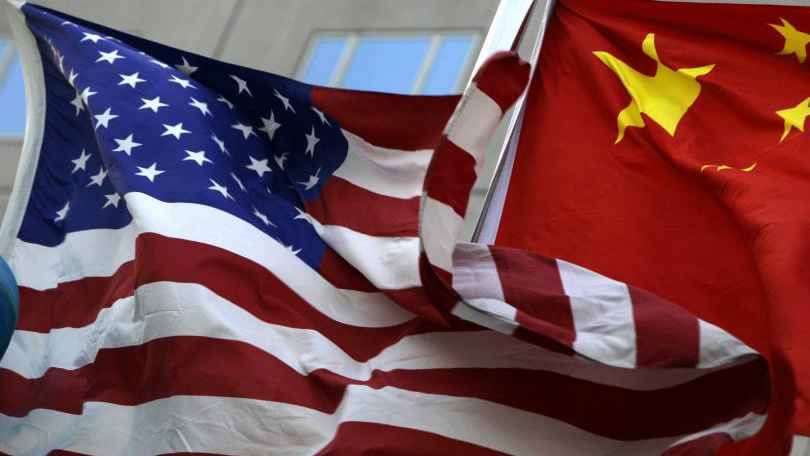
Business
23:15, 01-Mar-2018
China ‘gravely concerned’ by allegations in USTR Trade Agenda
CGTN's April Ma

The claims made in the annual report to Congress by the Trump administration have made ill-grounded accusations, choosing to ignore China’s accomplishments in building a market economy in the past decades, and discount the win-win trade and commercial relationship between the two nations, China’s Commerce Ministry said Thursday.
“China will only open up its economy to a greater extent, the door will never close,” said the ministry Thursday evening in a written statement in response to the annual trade report published by the US Trade Representative. The paper accuses China of failing to adopt a market economy system despite a 16-year membership in the WTO and surmised that China appears to be moving further away from market principles in recent years.
This year marks China’s 40th anniversary of the opening up and reform policy that has made sweeping market oriented transformations over a planned economy. However, the report claims that with heavy-handed government policies and handouts, China threatens to distort markets and severely misallocate global resources.
“As the two largest economies in the world, it is normal to have some disagreements and friction,” said China’s Ministry of Commerce. “What’s important is to refrain from politicizing economic issues and or taking the path of unilateralism.”
In hundreds of heavily-worded references to China, the report makes the case that the nation which calls the US its second largest trade partner, is engaging in hostile polices, unfair trade practices against the US and is intent on discreetly transferring foreign technology and intellectual property to fuel its own economic rise.
Trade tensions between the US and China have been sharply on the rise under the Trump administration, which has been strongly pushing an “America First” policy to draw jobs and investment back to the US. In August, Washington self-initiated an investigation of China under Section 301 to determine if Chinese laws, policies, and practices are harming American intellectual property rights and technology.
Earlier this week, the US Department of Commerce slapped steep anti-dumping tariffs on Chinese-made aluminum foil, countervailing measures it says are necessary to counter below market prices and government subsidies.
An increase in countervailing activities from both sides has for months spurred much speculation as to whether current trade rifts could eventually erupt into a full-fledged trade war.
However, that, in the short term, seems unlikely according to the remarks made by Chinese authorities today. “Trade is not a zero-sum game, the two sides need to work out differences and endeavor to enlarge the pie.”

SITEMAP
Copyright © 2018 CGTN. Beijing ICP prepared NO.16065310-3
Copyright © 2018 CGTN. Beijing ICP prepared NO.16065310-3